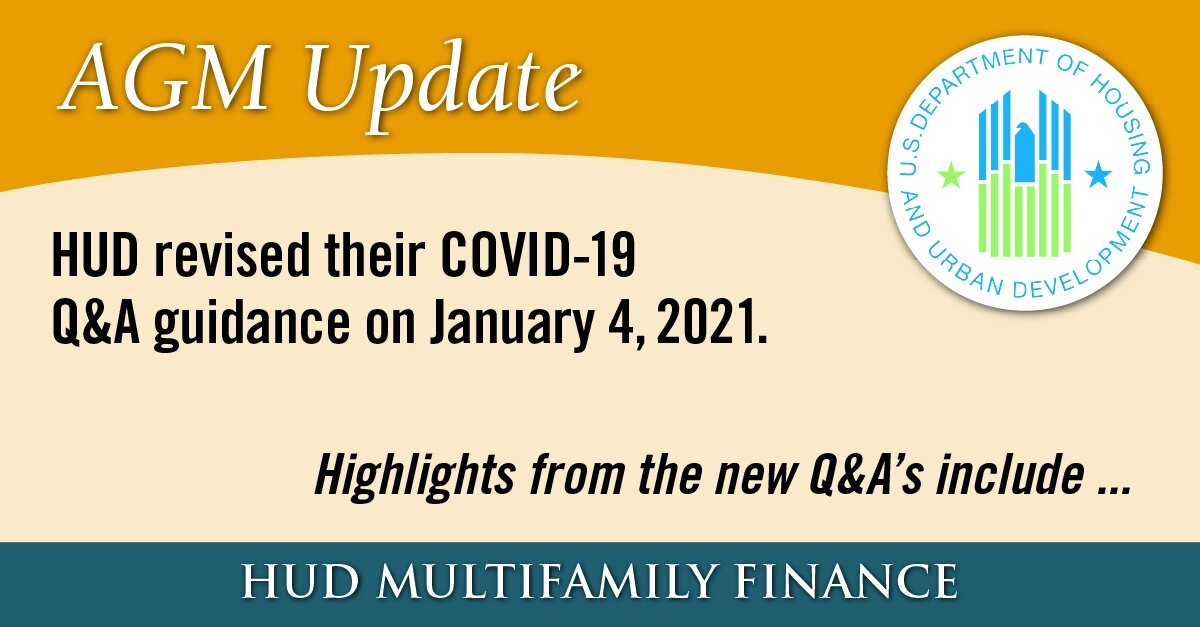Emerging Trends: Office-to-Residential Conversion
/At their fall meetings in Los Angeles earlier this month, the Urban Land Institute unveiled their annual Emerging Trends in Real Estate® for the US and Canada for 2024. Like the fall meetings themselves, ULI’s Emerging Trends is filled with uncertainty about the current state and near-term future of commercial real estate. The office sector – and downtown office properties in particular - are struggling amidst rising interest rates, oversupply, and changing patterns of work. An investment banker quoted in Emerging Trends summed it up this way:
“The fortress investments, the super secure investments in real estate—what the heck happened? Where did they go? Malls and office buildings were the storehouses of value, the great inflation hedges. And now the only thing that has really stood up over time has been multifamily.”
Faced with a seeming sea change in office, much of the discussion at the ULI fall meetings centered around the future of office and the downtowns in which they are located. Office-to-residential conversions were on everyone’s mind, and again, the path forward was uncertain.
A recent article in the Wall Street Journal entitled “Turning Offices Into Apartments Is Getting Even Harder”, pointed to the challenges of office-to-residential conversion – financing, construction costs, and slow approvals, among many others. And then, there are the challenges inherent in office floor plates ill-suited to residential uses and the risks inherent in major rehab projects.
Still, the Journal article cites CBRE as seeing a sharp increase in office conversions in the coming year. While some developers will wait for the value of underutilized office buildings to fall to their land value or purchase properties from lenders’ REO portfolios, many are finding creative ways to convert office to residential.
The ULI fall meetings included presentations by developers and design firms such as Los Angeles-based architects OMGIVNING on how even 1980s vintage office buildings can be converted to high-end multifamily properties.
Not too long ago, “return to cities” was the watchword in CRE and multifamily. The pandemic reversed those trends. Now, even in uncertainty, developers are looking for opportunity in multifamily office-to-residential conversion. The future of cities and their downtowns may depend on it.
To discuss your options or plans for your next multifamily project, AGM is ready to listen and lend.
About AGM Financial
Founded in 1990, AGM is a leading FHA lender and GNMA seller/servicer. From new construction and substantial rehab to acquisition or refinance — for both market-rate and affordable projects — AGM gets the deal done. Family-owned with over 30 years of experience, the firm has closed over $10 billion in FHA-insured multifamily project loans nationwide. We underwrite, fund, and service all of our loans. Developers and owners can count on AGM to be accessible, transparent, consistent, and ready to lend. From new construction to substantial rehabilitation to acquisition and refinance — for both market-rate and affordable projects — we can get the deal done. To learn more about AGM, call 800.729.4266 or visit agmfinancial.com.


















